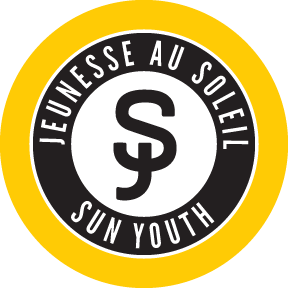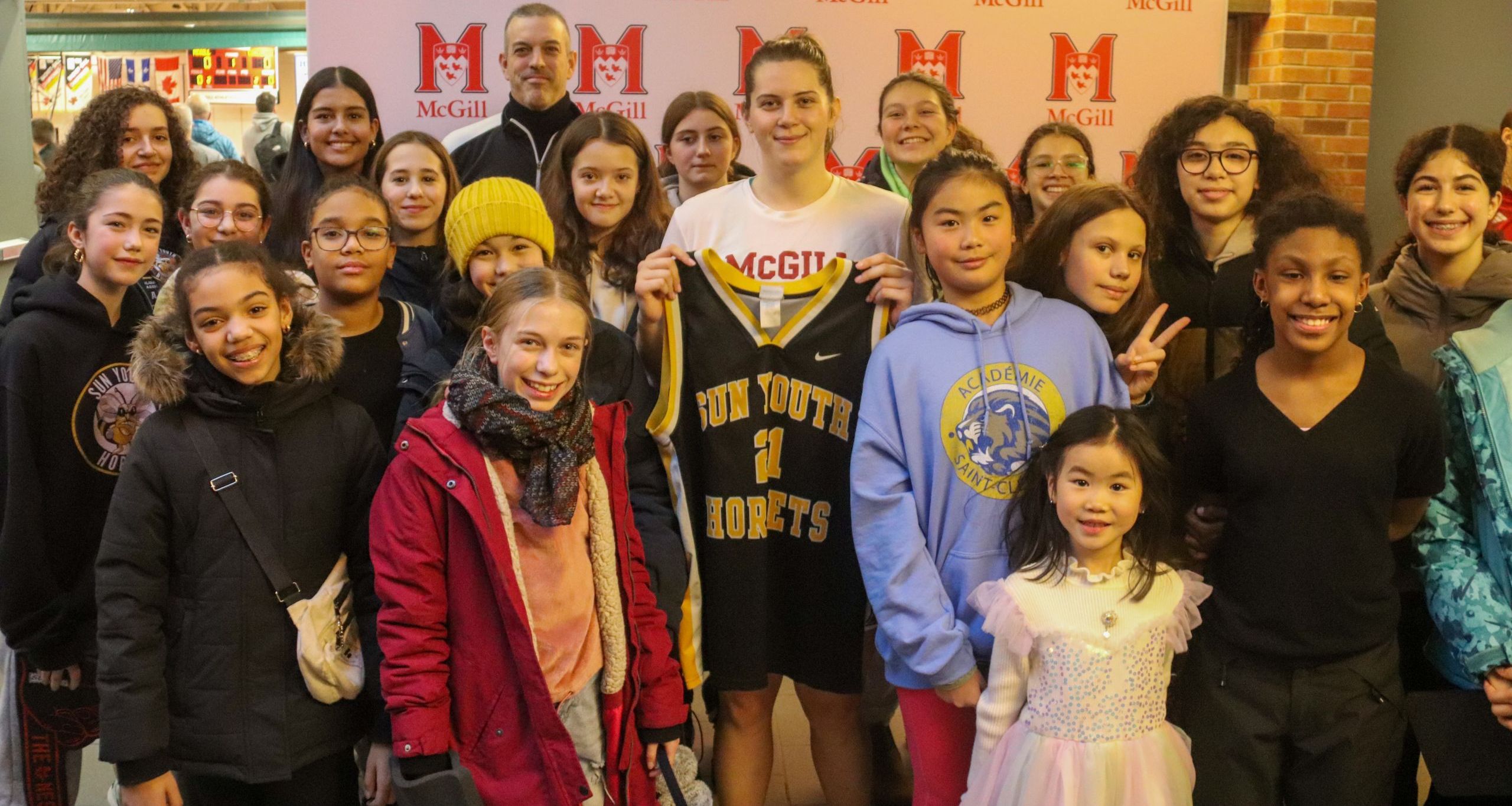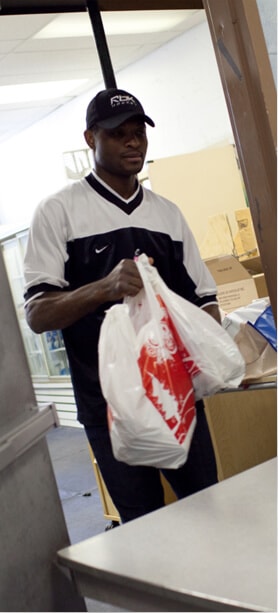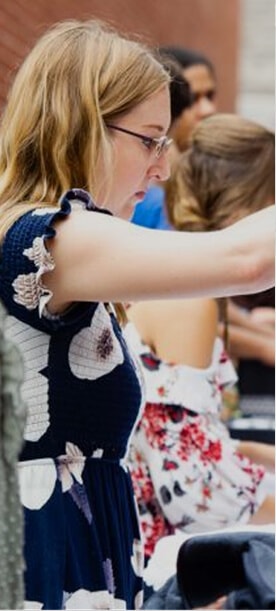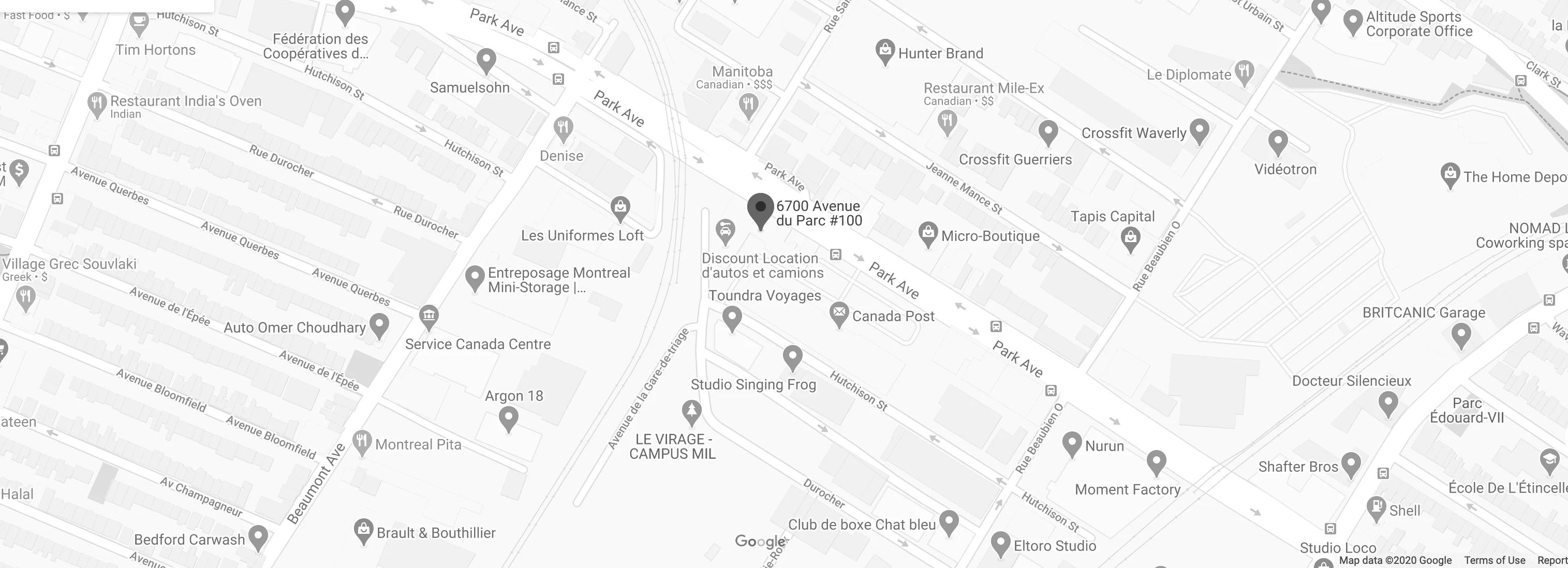Designed to meet emergency needs, our food bank helps families or individuals facing difficult situations by giving them food. Food baskets typically contain perishable and non-perishable food items in quantities reflecting the number of family members. Baskets also contain hygiene products and cleaning supplies received from donors.
Emergency Food Assistance
Low income individuals and families wishing to obtain emergency food assistance should call the food bank phone line at (514) 842-1214, Monday to Friday, between 9am and noon for an appointment. Appointments are made for the following day depending on availability. You can also write to services@jas-sy.org.
An evaluation of the individual’s financial situation is made at each appointment. Consequently, it is important to bring the following documents:
a proof of identity for each person living at the same address;
a proof of address of each person aged 18 years or older;
a proof of all household bills paid during the current month and those to be paid;
an insulated bag to transport frozen food such as meat.
Appointment Form

Once you submit the form, you will receive an email confirming the reception of your request. Please verify your junk mail if you do not see it in your inbox. If you do not receive an email by Sun Youth Organization, please verify that your email is correctly written
Food Deliveries
We are proud to offer delivery service for our monthly food bank to clients who are unable to visit our food bank in person. To be eligible for our delivery service, clients must meet all of our criteria. Thank you for your comprehension.
Eligibility Criteria:
To qualify for our delivery service, clients must meet all the following requirements:
- Must live in the Montreal Area.
- Financial Eligibility: Clients must qualify for our food bank based on our financial assessment.
- Physical Constraints: Clients must have a physical or other constraint that prevents them from visiting in person or carrying the food.
- Proof of Physical Constraints: Clients must be able to demonstrate their inability to visit in person by:
-
- Providing a referral from a health professional (such as a Physician, Social Worker, or other qualified agent).
- Providing a medical diagnostic or proof of their medical status.
Collective Kitchen
Started a few years ago, our collective kitchen is intended for anyone who wants to keep healthy food habits, gain useful knowledge and get involved in the community by sharing values of solidarity, equity, mutual support while developing new skills.
Urban Agriculture
Over the last few years, we have undergone a slow but steady move towards increasing the amount of fresh products in our food baskets.
Sun Youth cultivates two gardens: one a few steps away from our administrative offices, near the MIL campus of Université de Montréal (associated with the Les Jardins éphémères project), and another at our warehouse in Ville Saint-Laurent (made possible in partnership with Foresters Financial). In the summer of 2022, our two urban vegetable gardens produced 1,400 lbs. of vegetables for food bank beneficiaries. Since its inception, nearly 13,000 lbs. of fresh food have been harvested.
Sun Youth’s urban vegetable gardens provide its food bank with fresh vegetables of a wide variety grown over a long period of time; from asparagus and rhubarb in May to potatoes and carrots in November, including peppers, tomatoes, salads, cucumbers, zucchinis, eggplants, beans and mushrooms, and also fruits such as grapes and raspberries. To these are also added vegetables from gleaning activities on farms off the island. We help pick vegetables from farms and the harvest is shared between the farmer and our organization, once again providing top quality food to our clients.
Urban agriculture also has an educational component. Sun Youth Day Camp kids participate in the vegetable harvest. Once a week the various groups of campers and their counsellors lend a hand to the gardeners. We introduce them to the incredible variety of vegetables grown, help them recognize honey flowers, and explain pollination and related environmental issues.


